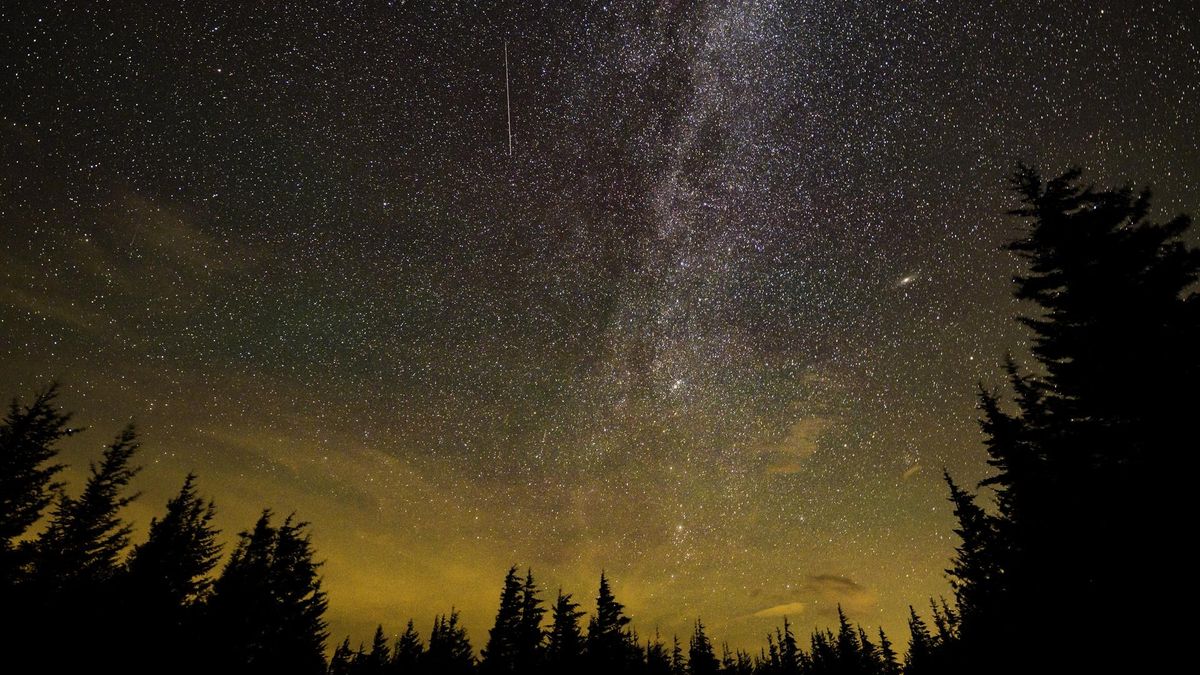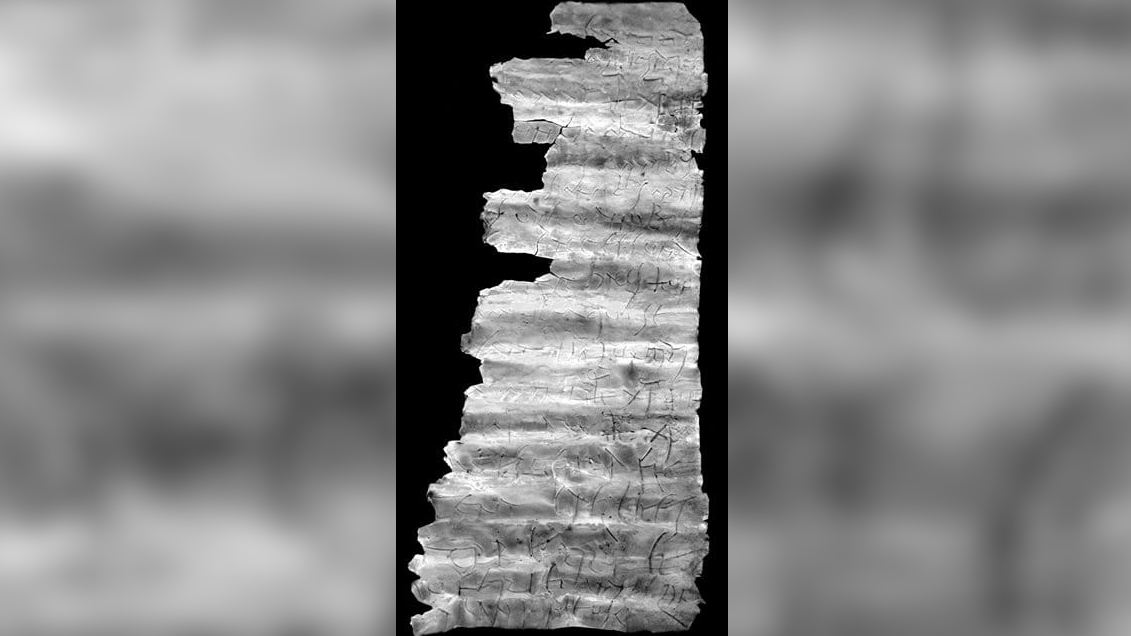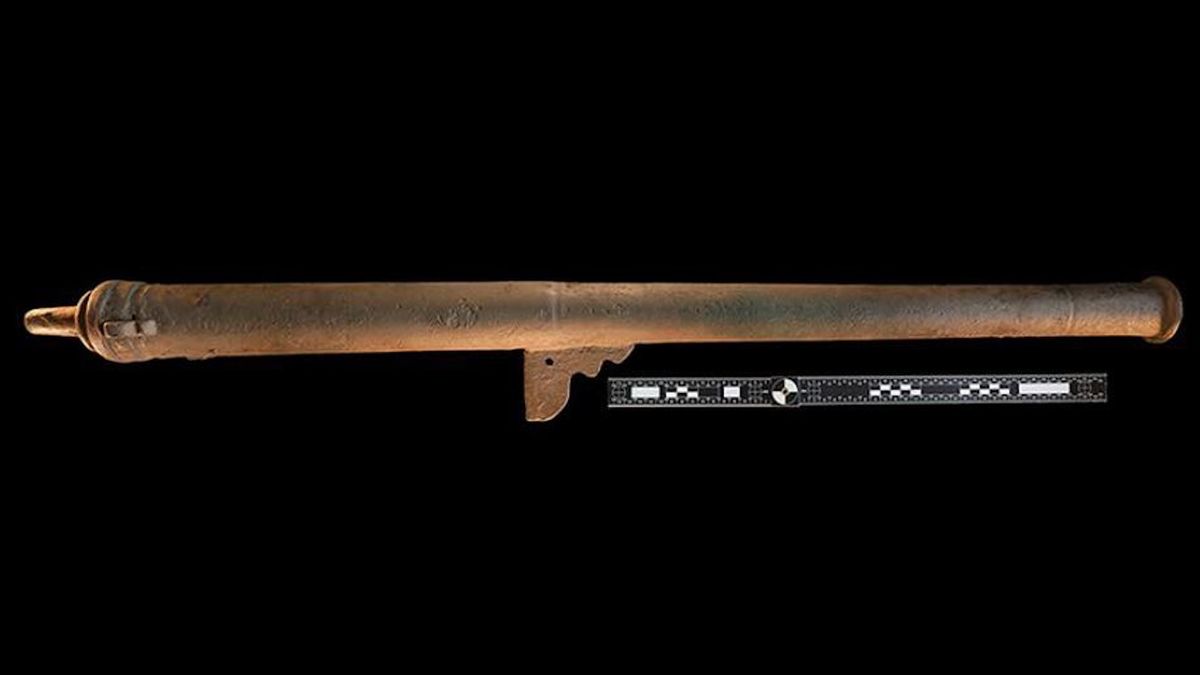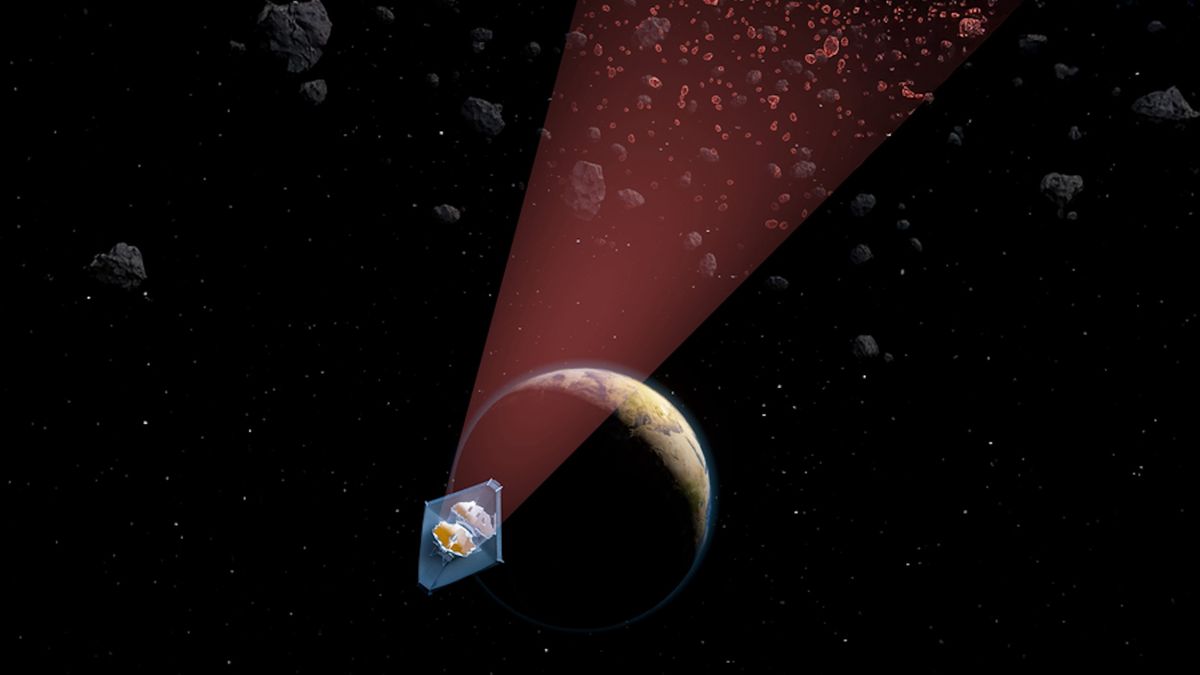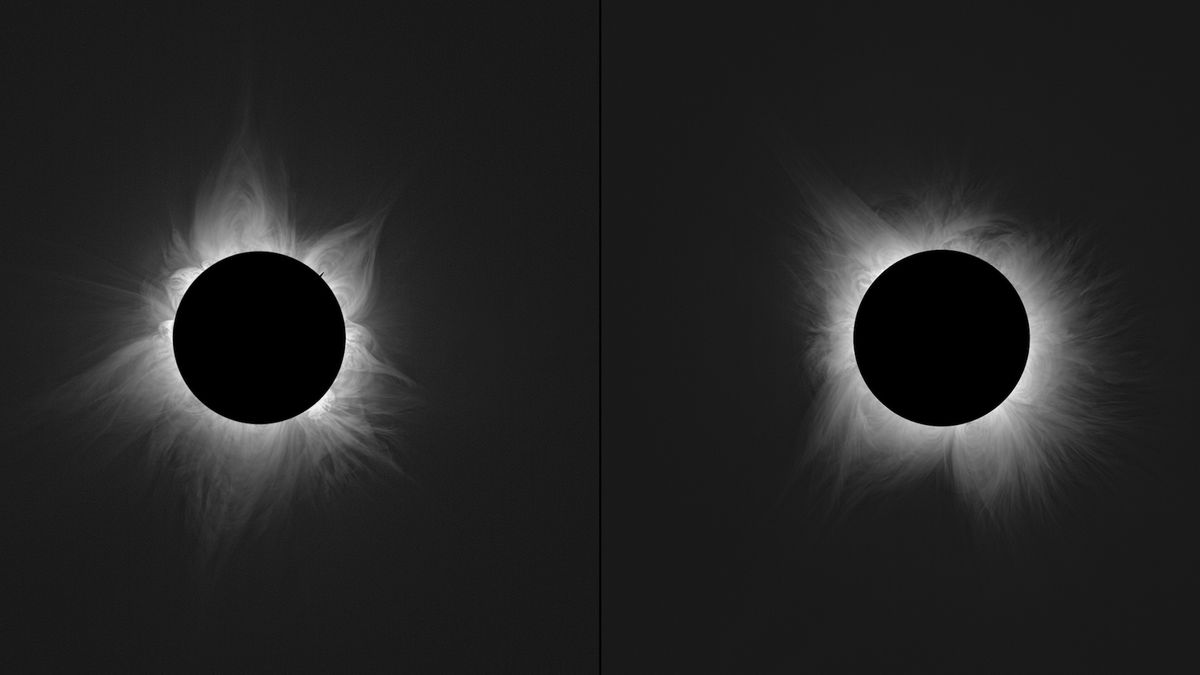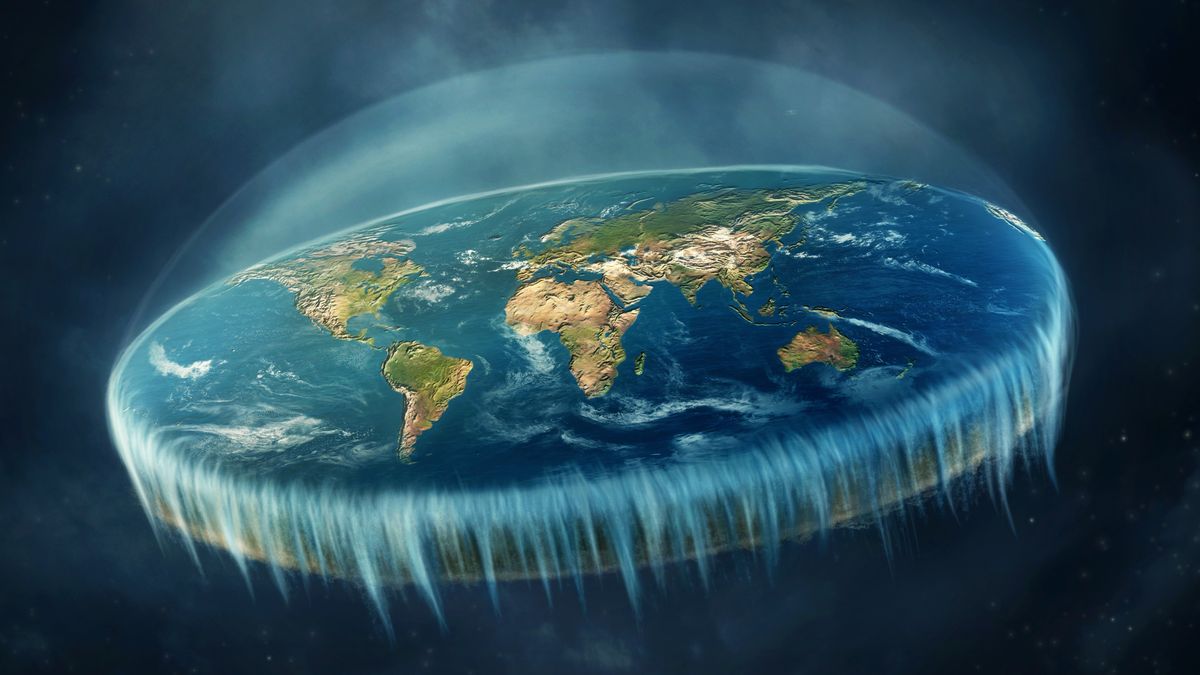If you missed the peak of the Geminid meteor shower earlier this month, don’t worry — there’s still another chance to catch a “shooting star” display this year. The Ursid meteor shower will peak overnight from Dec. 21-22, right around the winter solstice in the Northern Hemisphere.
Although the Ursids boast fewer meteors per hour than the Geminids, the Ursid meteor shower can produce some bright fireballs that are visible even on moonlit nights. So this meteor shower is still worthwhile, especially when viewed around midnight before moonrise.
This year, the Ursids will be visible from Dec. 17 to 26, peaking on the night of Dec. 21-22 with about 10 meteors per hour, according to EarthSky.org.
Related: ‘Fireball’ meteor discovered hours before exploding above Niagara Falls was the smallest asteroid ever seen
The Ursids are predicted to produce the most activity just before dawn, when the radiant — the point from which the meteors appear to emanate — reaches its highest point during nocturnal hours. The Ursids’ radiant is the constellation Ursa Minor, also known as the Little Dipper. The Little Dipper is circumpolar — meaning it will be visible all night in the Northern Hemisphere — so the Ursids will be visible all night as well.
However, on the night of Dec. 21-22, the moon will be a waning gibbous (between 52% and 62% full) and will reach its highest point in the sky around 6 a.m. local time, threatening to outshine any meteors.
The moon doesn’t start to rise until just before midnight local time, though. So, to get the best views, plan on looking for the Ursids around midnight, when the moon is still low in the sky. To see the most meteors, find a vantage point as far from artificial light as possible. Meteor showers are best viewed with the naked eye — no stargazing binoculars or backyard telescopes necessary.
Like most other meteor showers, the Ursids are caused by comet debris that passes through Earth’s atmosphere. The Ursids’ parent object is Comet 8P/Tuttle, which is about 3 miles (5 kilometers) wide and takes about 13.6 years to orbit the sun.
The first meteor shower of 2025 will be the Quadrantids, peaking on the night of Jan. 2-3.





